Karen Pinkus writes about an istitution that closed very abruptly following the lockdown. It closed the premises and the building site of the new Mathematical Centre progettato by Edward Cullinan. It is part of the new “Silicon Valley” of the North West Cambridge and living a moment of financialization and privatization and debts
Cambridge University closed in mid-March, very abruptly, after several weeks of discussions in the UK about herd immunity and various tactics to flatten the curve. Students, faculty and staff were asked to vacate the premises in short order. Panicked scholars jostled each other to check out books from the library, as if they were essential groceries, after an announcement of an indefinite shutdown with four hours warning. Except for a few laboratories, the campus now exists in a state of suspense.
The Mathematical Centre, designed by Edward Cullinan, also responsible for the National Automotive Innovation Centre at the University of Warwick, appears positively post-apocalyptic. Desks inside are piled with papers and plants are starting to shrivel up for lack of water. Conceived as a series of interconnected pavilions, the Centre was meant to project a park-like atmosphere; to promote math as an interactive project. The crowning lanterns, conceived for ventilation and light, now look like landing pads for small alien ships that have abducted humans.
Down the road, construction continued for a few days on an expansive new “innovation centre”, Cavendish III, by Jestico + Whiles, and financed with the largest gift ever to UK science, by Ray Dolby (the sound pioneer). But a few days into lockdown the government determined that new construction was non-essential.
This whole area of North West Cambridge (including the suburb of Eddington) can be tied to initiatives such as Teresa May’s “new industrial strategy” of 2017, a post-Brexit global trade program to focus on four areas of research and innovation: artificial intelligence, the future of mobility, clean growth and an ageing society.
Cambridge is part of a new “Silicon Valley,” (or “Silicon Fen,” as some call it) including Oxford and Milton Keynes. Housing prices have skyrocketed in recent years so part of the new project includes affordable sustainable housing (including district heating, solar cells and bike paths) that is not without controversy: What does it mean when the University acts as employer, developer and landlord?
All over the globe — not just in the UK, of course, and not just at Cambridge, which often tops world university rankings — administrators are struggling to decide if and when to reopen. If fields such as Architecture or Biology are limited by on-line teaching, it is possible that Math and Humanities could continue for a period of time, with students and professors interacting virtually.
Whatever happens, there are massive changes coming to academia. But one has the sense that the new Cambridge, the Cambridge of monetizable research that can lead to startups, with direct investment from industry, will prevail over old Cambridge of the famous Gothic buildings along the River Cam where punters — including, normally, thousands of tourists often on day trips from London — can peer into the lush and verdant “backs,” or courtyards, hear an Evensong concert at chapel, and purchase postcards and sweatshirts before heading off to another British highlight. Tourists do not visit the new Cambridge.
Even before the virus, things were hardly rosy here. UK professors have been striking for the past two years over the gutting of their nationalized pensions and the refusal of the universities to divest from fossil fuels among other issues.
Just a few days ago the university borrowed even more money (Cambridge is currently in debt for 936 million pounds or nearly 20% of its assets). That money will doubtless serve, in part, to invest in the North West Cambridge development. Meanwhile UK universities are considering higher fees for international (and EU, after Brexit) students and austerity measures seem inevitable.
When things do start up again here, perhaps in phases, the trends toward financialization and privatization of the university, embodied in the North West Cambridge developments, will see the deepening of debt and the paring down of traditional (and to be sure, elitist) forms of sociability associated with the Oxbridge colleges. “Old Cambridge”— the centuries-old core —will become ever more a tourist destination, a museum.

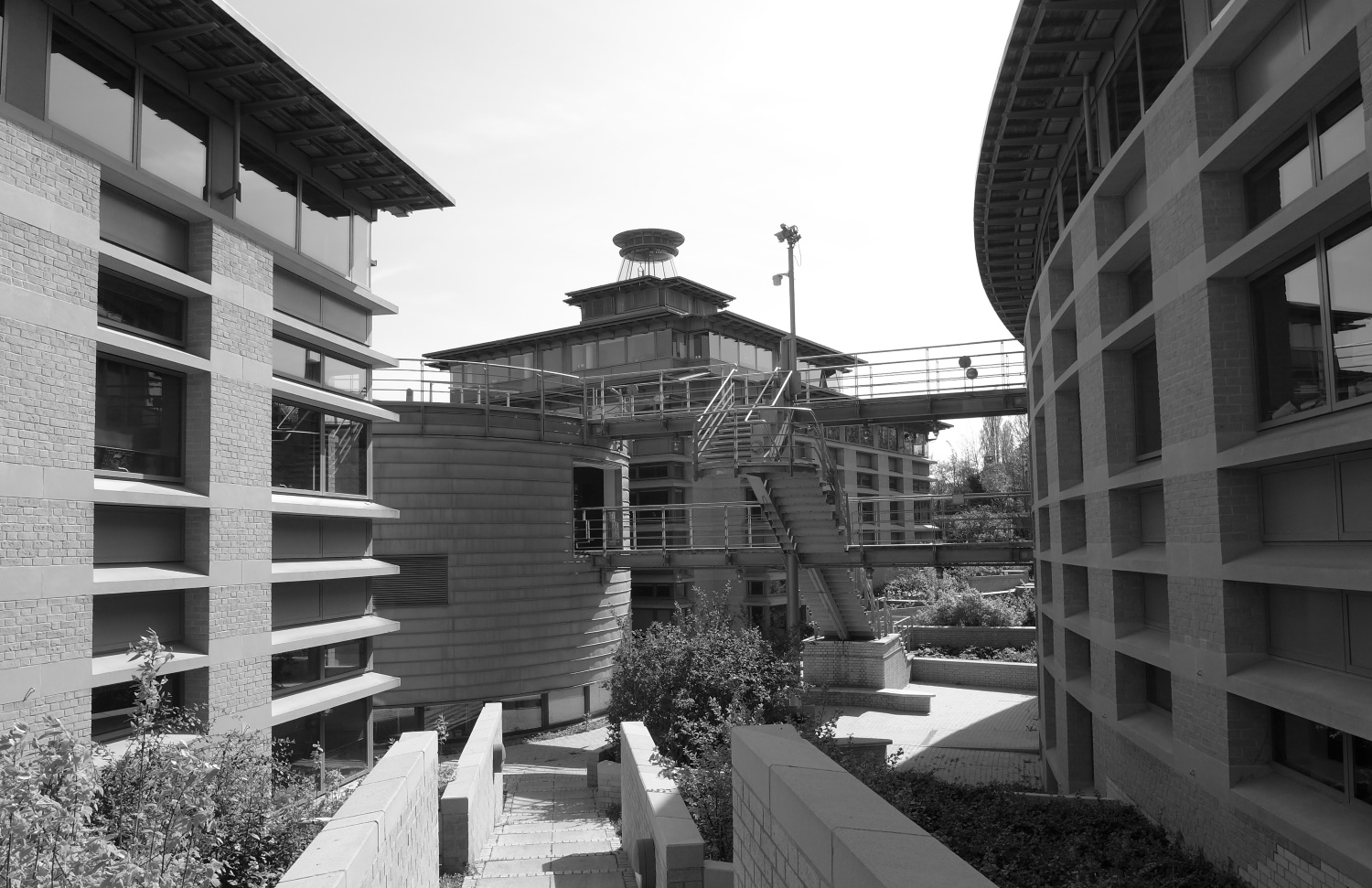


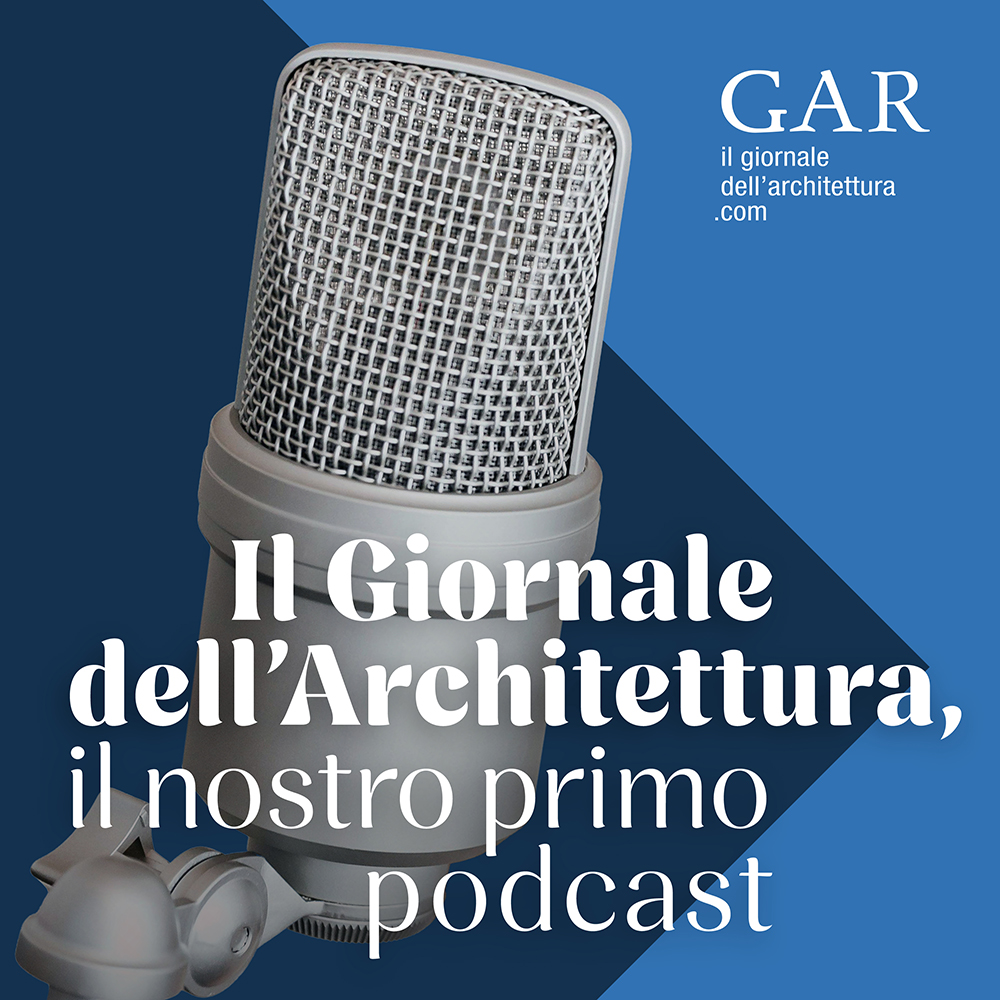
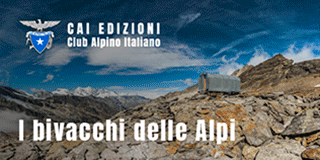
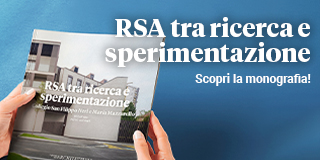

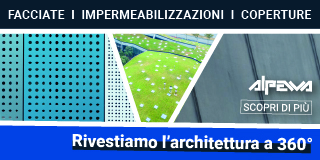






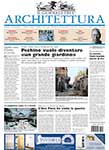
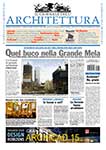


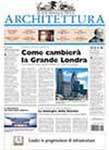



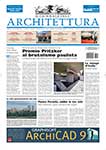

[…] Leggi in lingua inglese […]